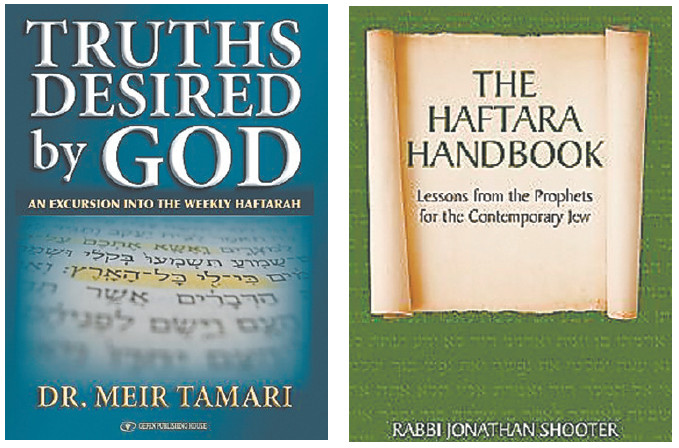Kosher Bookworm: Nine Days and beyond
This Shabbat we begin the last phase of the Torah reading cycle with the Book of Deuteronomy, Sefer Devarim, and timed to this is the recent publication of a new collection of Devarim sichos, informal talks from Rabbi Menachem Mendel Schneerson, zt”l, dealing with some of the deepest mystical aspects in chassidic thought translated by Rabbi Eliyahu Touger.
In essence this is an anthology representing but a fraction of the totality of the late Rebbe’s works on the Torah. However, this particular work is special inasmuch as it is written in a clear, concise and articulate manner, absent the rhetorical flourish and bombast that we have come to expect from others on this and cognate works on chassidus.
Rabbi Touger has indeed brought forth in this work a sophisticated presentation of some of the most complicated beliefs in chassidus, thus making available to the average Jewish laymen a valued resource to help enhance them to appreciate both the content and deeper meanings behind the Torah text.
This week’s parsha, the opening chapters of Devarim is represented with 21 pages of commentary by the late Rebbe.
In his introduction, Rabbi Touger explains the nature of the late Rebbe’s teaching and rhetorical sichos methodology that places this entire work into its proper perspective.
He states as follows, “The Rebbe… primarily taught through sichos, informal, accessible talks, relating to his listeners on their terms, speaking in their language… in a straightforward manner that his listeners could comfortably understand, identify with, and apply in their everyday lives. Similarly, spreading ‘the wellsprings of Chassidus,’ in a form comprehensible to the mindset of Jews living in today’s world empowers us to navigate the transition into the era when, led by Mashiach, we will enter the age when --- ‘the occupation of the entire world will be solely to know G-d.’”
As the Book of Devarim is read, this work makes for an excellent supplement in helping explain the text. Another work recently published dealing with the weekly haftarah readings is, “Truths Desired by G-d” [Gefen Publishing House 2011] by Dr. Meir Tamari, senior lecturer in economics at Bar Ilan University. Of special and timely note I direct your attention to his commentaries on those Haftarot in the Book of Devarim drawn from the Book of Isaiah, as well as the Haftarah for Tisha b’Av morning and for public fasts.
Rabbi Jonathan Shooter’s “The Haftara Handbook” published last year by Devora Publishing and distributed by Urim Publications. In this work each commentary is divided into brief explanations as to what the haftara text is about, its connection to the parsha as well as to its thematic purpose. This work is very well written and deserves attention, especially at this time of year when the haftarot we will be reading take on added meaning to all Klal Yisrael.

 50.0°,
Fog/Mist
50.0°,
Fog/Mist 




